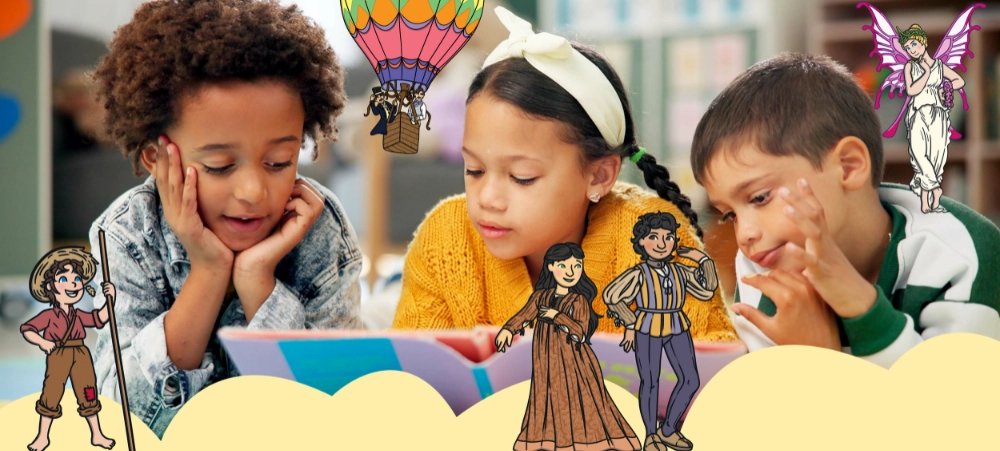Have you ever gazed upon a giant oak tree? These majestic trees can grow as high as 21m and as wide as 3m! In fact, the tallest oak tree ever recorded was a whopping 44m high! Their branches extend for many metres, shading the earth from the hot sun in Summer and shedding their colourful leaves in the Autumn. It is interesting to note that the grandiose oak tree started life on earth as a tiny seed. The giant tap root system was the first part of the tree to emerge at germination – tiny at first, but continually expanding. It is from this giant tap root system that the magnificent oak tree receives all the water and nutrients that it needs to grow and develop to its full potential!
Cindy Glass, Owner and Co-Founder of Step Up Education Centres says, “In much the same way, children develop the ability to communicate and learn through the ‘tap root system’ of language – the first learning to ‘emerge’ in a young child. Language is the tap root of learning! All school subjects, including Maths, Science and Technologies, receive their ‘nutrients’ and guidance from LANGUAGE!”
She explains that prioritising language development in children will ensure that they can effectively navigate all learning areas. “Reading, spelling, listening skills, writing, speaking and comprehension are essential tools for successful learning. If your child is struggling with comprehension skills (the ability to understand what they are reading or being asked to do), for example, they will struggle in all areas of learning. Just like the giant oak tree would not be able to reach its full potential without a solid tap root system, so your child would not be able to achieve learning success without developing skills in language, and particularly in comprehension of language.”
So, how can you assist your child in developing a strong language tap root so that they can grow and develop to their full learning potential? Cindy provides the following tips:
- Set the tone for learning in your home: It is important to remember that your children are learning from you, their first teacher. As best as you can, model language as an effective tool of communication. Encourage your children to use WORDS to express how they feel and what they want you to know. Avoid the use of baby-language and slang.
- READ, read, read: Create an environment that encourages reading. Younger children love being read to. Older children will choose to read if they see that you are reading and enjoying it!
- Develop comprehension skills: Ask questions and listen to answers, without judgement. Children who fear your reaction to their answers will shut down and avoid having conversations that might trigger a negative reaction from you. Show interest in what they are reading or doing. Ask: Who…? What…? How…? Tell me more. Why do you think…? Can you describe…? This strategy has an added bonus – an opportunity to spend quality time connecting with your child!
- Limit time on devices or in front of the TV: Activities on devices do not require much thought and even less language skills. Children can spend many hours in mindless activities that can be equated to pollution in their ‘soil’. Roots cannot grow effectively in polluted soil.
“LANGUAGE is the tap root of all learning. Make it your priority to assist your children in mastering these learning-essential skills,” Cindy concludes.
We understand that there are many aspects that encompass a Mother, Father or Child and strive toward providing resources and services that accommodates this.
Our content is aimed to inform and educate families on issues starting from pregnancy through to the challenges of the teen-age years.
- Tiny Toons Looniversity Returns: Meet the Voice Behind Plucky and Hamton! - December 12, 2025
- From Pain to Possibility: Panado®’s New Marketing Campaign, Highlights The Joy Of Pain Relief - December 10, 2025
- Feeding Unicorns by Jeni-Anne Campbell: A bold new book for business leaders who care - December 9, 2025





